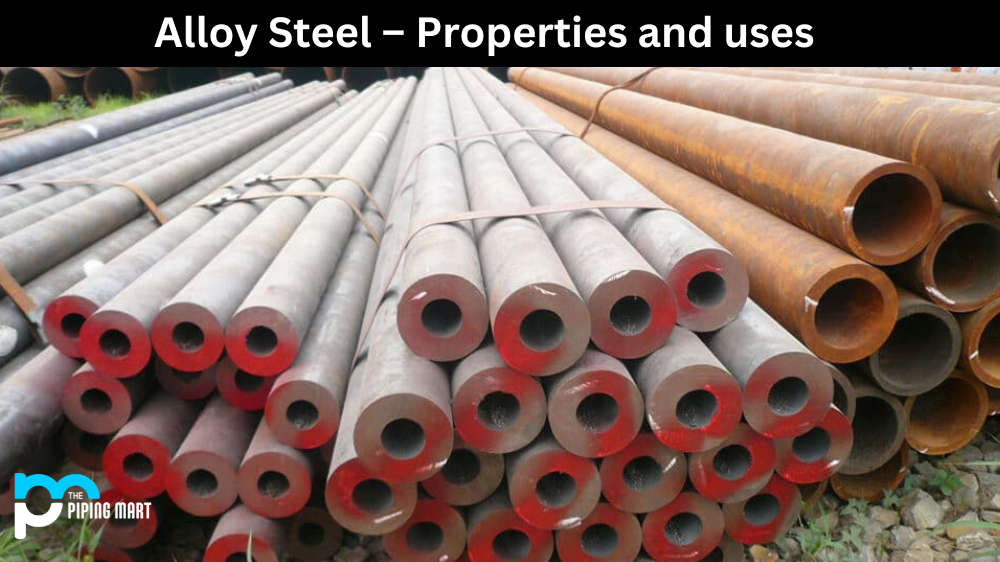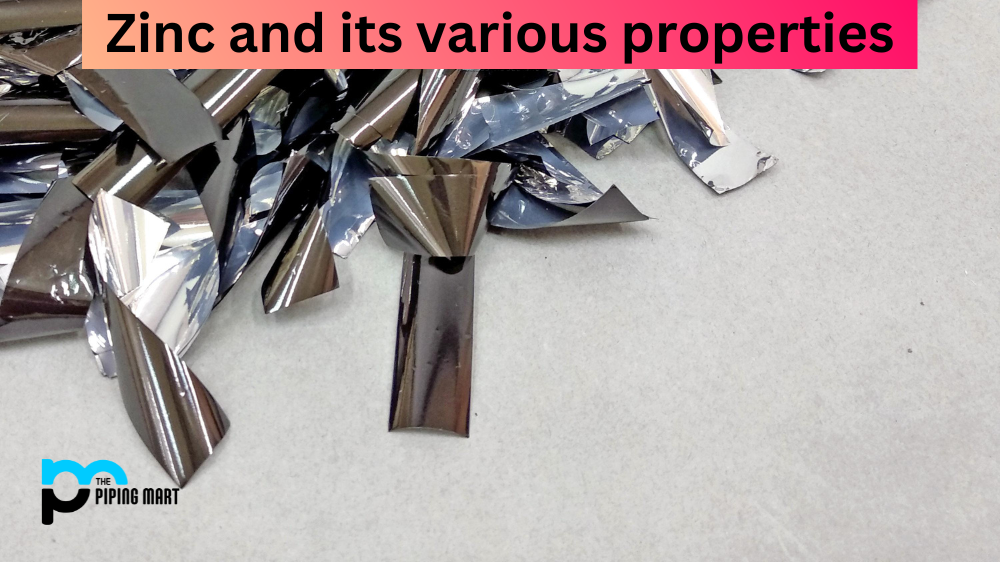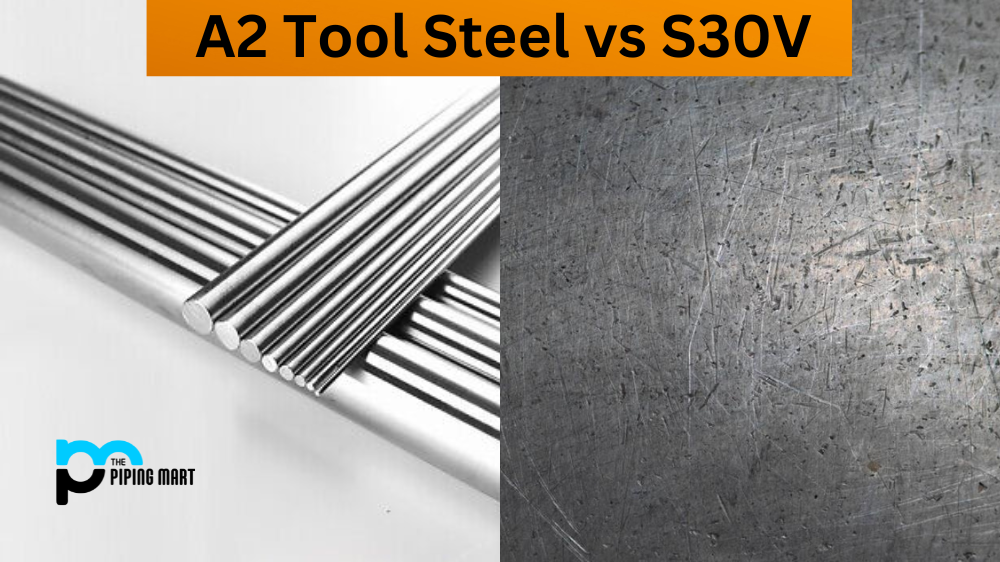If you work with metal, you’ve probably heard of alloy steel. But what is it, exactly? How is it different from regular steel, and what are its uses? This blog will provide a comprehensive overview of alloy steel, including its properties and uses.
What Is Alloy Steel?
Alloy steel is a type of steel that contains elements such as chromium, manganese, silicon, nickel, molybdenum, and vanadium. Most of alloy steels have between 0.2 percent to 2.14 percent of these elements in their composition. Depending on the application in which they will be used, alloy steels can vary in composition from one grade to another.
Alloy Steel Properties
Alloy steels possess greater strength and toughness than regular carbon steels due to the addition of other elements like nickel or manganese. Due to their increased hardness levels, they also have better wear resistance than regular carbon steels. In addition, they are resistant to corrosion and oxidation because of their high chromium content. As a result, they are often used to produce high-strength components for industrial machinery or vehicles
- Alloy steels combine carbon steel with one or more alloying elements, such as manganese, chromium, nickel, vanadium, molybdenum, or titanium.
- The resulting steel is stronger and harder than carbon steel and is often used in applications that require high strength and durability.
- Alloy steels can be heat treated to improve their mechanical properties. Heat treatment involves heating the steel to a high temperature and then cooling it rapidly. This process can increase the strength and hardness of the steel.
- Alloy steels are often used in construction, automotive, and aerospace applications.
- Some common alloying elements used in alloy steels include manganese, chromium, nickel, vanadium, molybdenum, and titanium.
Alloy Steel Uses
Due to their unique properties, alloy steels are used in various applications across many industries, such as automotive manufacturing, construction materials manufacturing, and even aerospace engineering. They are also commonly used in the production of axles, crankshafts, and camshafts for automobiles, as well as bolts and fasteners for construction applications. In addition, some types of alloy steels are used in medical implants due to their biocompatibility properties.
Strength and Durability
One of the primary benefits of alloy steel is that it is stronger and more durable than other types of steel. This makes it an ideal material for various applications, such as construction, automotive, and aerospace. Additionally, alloy steel is less likely to corrode than other types of steel, making it ideal for use in environments where corrosion is a concern.
Thermodynamic Properties
Another benefit of alloy steel is that it has improved thermodynamic properties. This means that the material can withstand higher temperatures without becoming damaged. This makes it an ideal choice for boiler-making and heat treatment applications.
Electrical and Thermal Conductivity
Alloy steel also has enhanced electrical and thermal conductivity compared to other steel types. This makes it an ideal choice for electrical applications and applications where heat transfer is a concern.
Corrosion Resistance
Alloy steel also has increased corrosion resistance when compared to other types of steel. This means that it will not rust or corrode as easily, making it ideal for use in environments where corrosion is a concern.
Lower Cost
One final benefit of alloy steel is that it is typically lower in cost when compared to other types of steel. This makes it an affordable option for a wide range of applications.
Conclusion:
Alloy steel is an essential part of modern manufacturing due to its strength and durability compared to regular carbon steel. It has many uses across various industries, such as automotive manufacturing, construction materials manufacturing, and aerospace engineering, due to its ability to resist corrosion and oxidation and its high strength-to-weight ratio. Whether you’re an engineer looking for a durable material for your projects or simply curious about this type of metal – understanding alloys can help you make more informed decisions when selecting materials for your project needs!

A passionate metal industry expert and blogger. With over 5 years of experience in the field, Palak brings a wealth of knowledge and insight to her writing. Whether discussing the latest trends in the metal industry or sharing tips, she is dedicated to helping others succeed in the metal industry.




